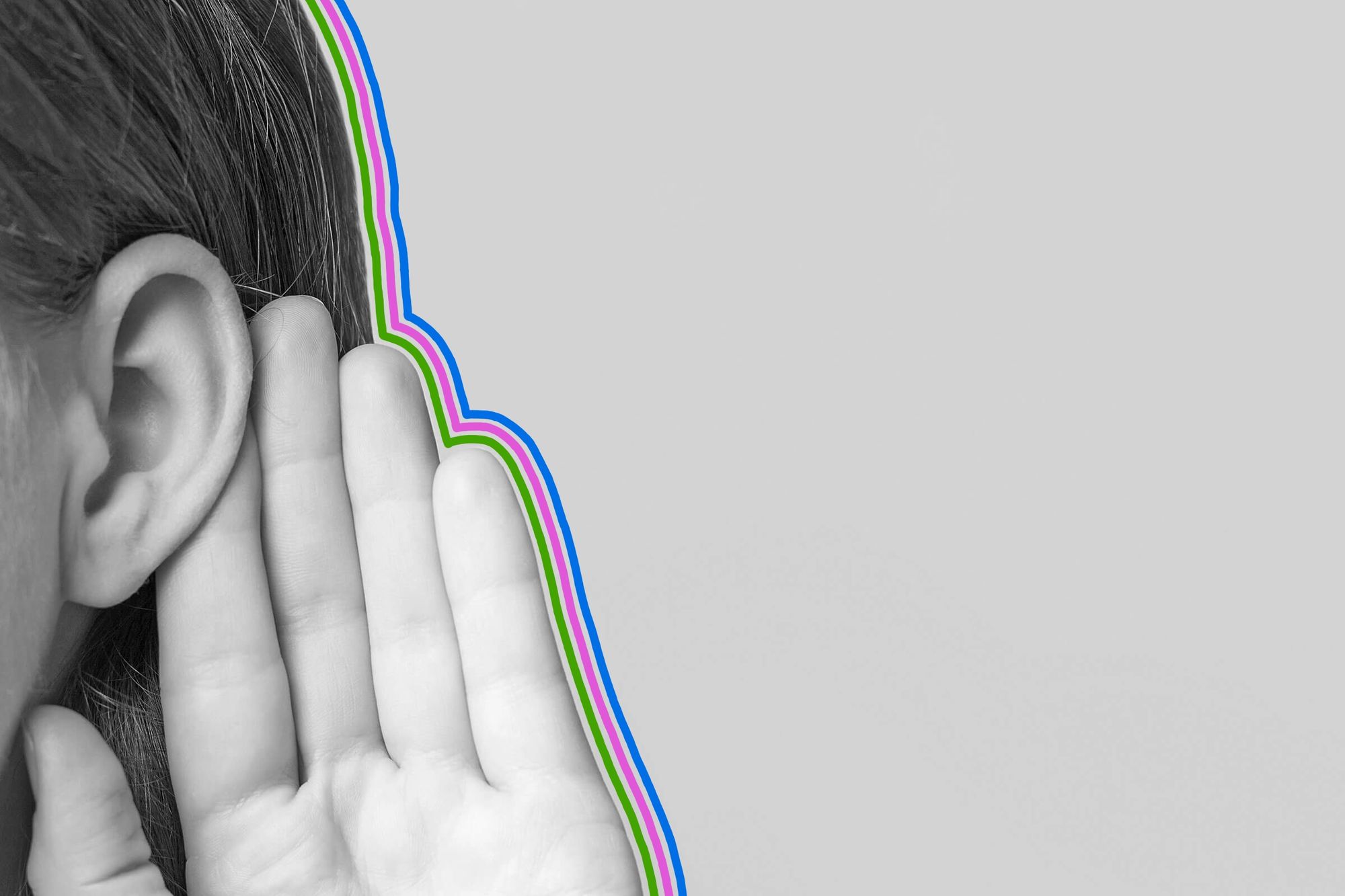| A heightened sense of smell, sometimes causing nausea, is called __. |  |
|
|
 | Numbers Don't Lie |
|
 | | Year the company 3M received a patent for "microcapsule-containing paper," also known as "scratch and sniff" | | 1970 |
|
|  | | Distance (in miles) that a polar bear has been known to track seals by scent | | 20 |
|
|
|
 | | Estimated number of scents the human nose can smell | | 1 trillion |
|
|  | | Number of variations of the 400 gene codes for smell, which is why people rarely experience smell the same way | | 900,000 |
|
|
|
|
|
 | Humans can smell fear. |
|
| Human communication is usually associated with sight, hearing, and touch. But our sense of smell also plays an unrecognized role in how we interact, and several scientific studies have discovered a latent human ability to detect chemical signals in human sweat. One study in 2008 collected sweat from novice skydivers about to jump out of a plane, as well as sweat from the same participants when they were running on a treadmill. Then, another batch of participants sniffed the "fear" and "non-fear" sweat pads while inside a brain scanner. Although the subjects could not consciously differentiate between the smells of the two pads, the scanners detected increased activity in the amygdala, the region of the brain associated with emotional processing, when sniffing the "fear" sweat pad. Many other studies have since reproduced similar conclusions, but scientists remain stumped as to what chemical is triggering this response. While some people have what's called a "vomeronasal organ," which in other animals detects the scent of prey and sex pheromones, the organ is vestigial in humans (meaning it once played a role in our primate past but is no longer functional, sort of like the appendix). Despite this, some scientists argue that the ability to sense chemosignals provides significant advantages for animals that thrive in groups (like humans), and could also explain the mostly noncommunicative bond between a mother and newborn. In other words, there's still some lingering mystery around what the nose knows. | | |
|
|
|
| You might also like | | 6 Interesting Facts About Ears | | Most of us don't think about our ears much until we have trouble hearing. But ears are more important than we realize. |  |
|  |
|
|
|
|
|
0 Comments:
Post a Comment
<< Home